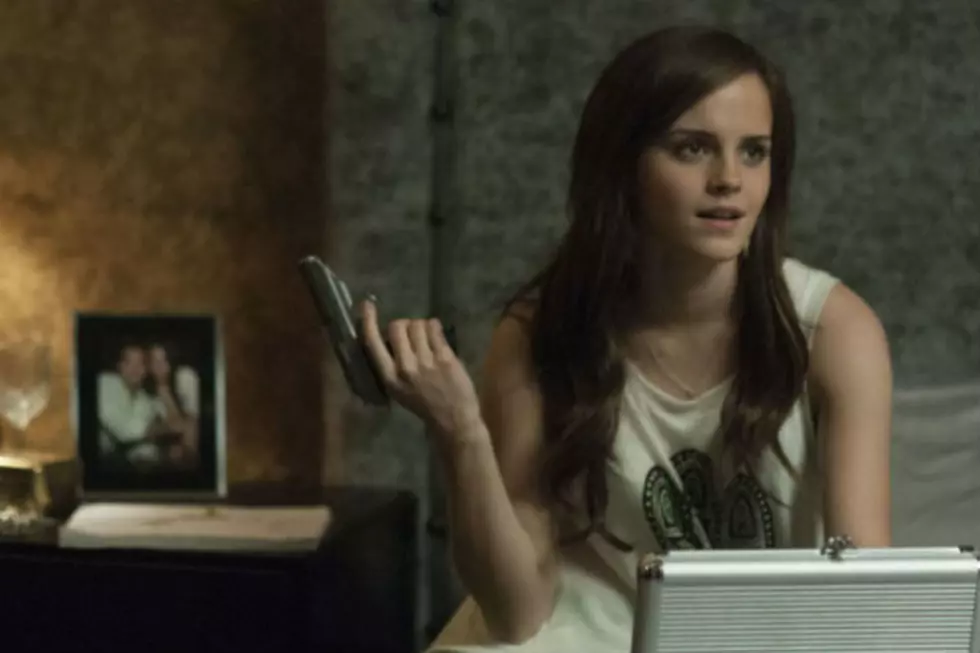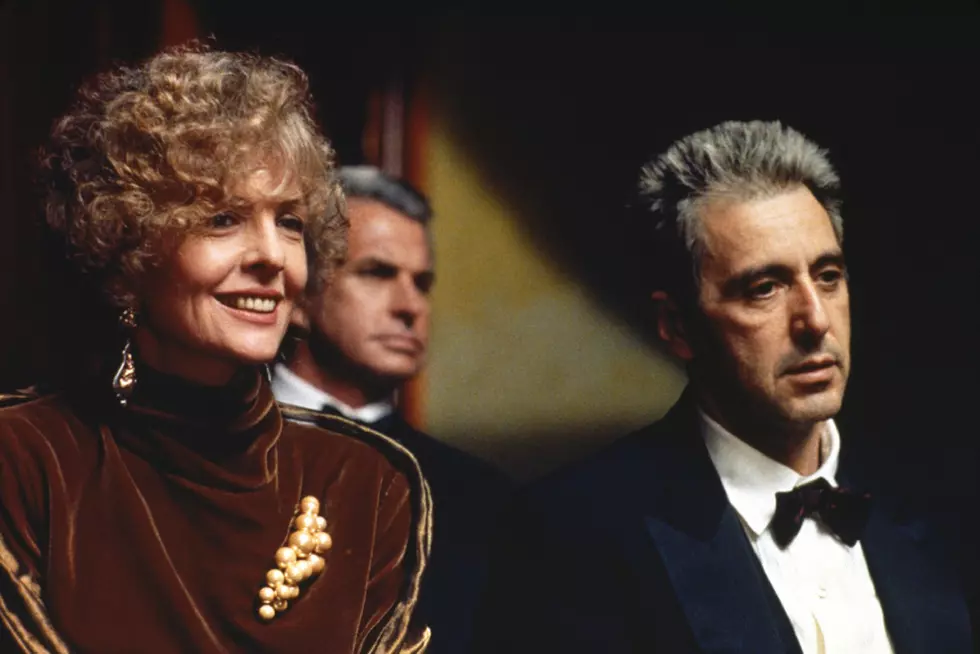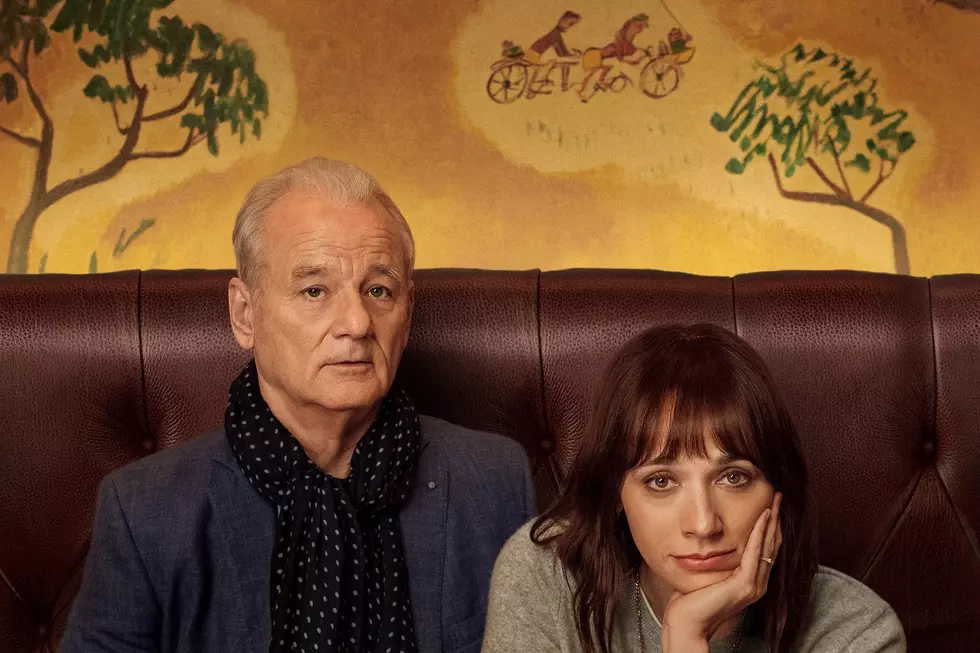
Reel Women: ‘The Bling Ring’ Is All Sparkle, No Substance
Sofia Coppola ('Marie Antoinette,' 'Lost in Translation') returns with a new movie about a real-life group of privileged LA teens who invaded the homes of celebrities to steal their clothing and jewelry. Unfortunately, 'The Bling Ring' is as vacant as the homes these kids pillage.
Coppola knows something about being a privileged kid -- the daughter of director Francis Ford Coppola, Sofia grew up on movie sets and in classy hotels, and she's used that experience to tell meaningful stories about poor little rich kids in films like 'Lost in Translation' and 'Marie Antoinette.' Even 'Somewhere,' her weakest film (if only for her excruciating moments of self-indulgence), manages to draw us in with its story of an aimless, distant father trying to connect with his daughter before she becomes a teenager and it's too late.
'The Bling Ring' is based on Nancy Jo Sales' Vanity Fair article, "The Suspects Wore Louboutins," which is an interesting, though rather straightforward, recounting of the notorious Bling Ring group's crimes and escapades. They were just a group of privileged LA teens who were experiencing a rather elite form of ennui. No one knows why they did it -- maybe the boredom that drives kids to reckless behavior is blind to class, or maybe these kids were so used to having everything they wanted just handed over to them that they felt entitled to objects that didn't belong to them. Or maybe it's the influence of a society that rewards people with celebrity for merely having wealthy parents and obnoxious public personas to match their obscene and undeserved wealth -- these kids had money and big attitudes, but no one was publishing their photos on TMZ.
The problem with 'The Bling Ring' is that the Vanity Fair article on which it's based already inspires such contemplation and speculation. Coppola's film is perhaps loyal to the article to a fault, and the end result is a bit flat. Sure, there's the surrealist qualities of watching teens enter celebrity mansions and rifle through their belongings, going so far as to take their bras and underwear and scoff at their sentimental tokens. And Coppola has some beautiful, languid shots of the insides and outsides of these homes as these kids enter them. The burglary of Audrina Patridge's house, in particular, stands out -- a voyeuristic, eerie scene that finds the camera edging closer to the house at a pace slower than a snail, as we watch our two leads (Katie Chang and Israel Broussard) skip through the house like criminal dolls come to raid Barbie's dream home.
Coppola has never had much of a signature style, though her earlier films often have a dreamlike and surreal quality to them. Here she eschews style completely in favor of baffling editing choices, like the random insertion of TMZ clips and paparazzi photos, which make the film seem disjointed and sloppily edited. Perhaps it's her lack of stylistic choices that make the film feel so inert, or maybe it was a willful choice on her part to represent the stagnation of these teens, forever trapped inside their own privilege.
It's not that Coppola needs to take a side or have a strong opinion on these kids, but the film lacks a certain contemplative quality that would inspire its audience to feel something about them. Our disdain for those who are privileged is innate, and while it's honorable to try and remain true to your source material and retell events as honestly as possible, there has to be a good reason for this particular story to be told. Coppola often frames scenes with a mocking, knowing tone, and the performances from Emma Watson and Leslie Mann are dripping with ridicule. But it's just too easy to sneer and roll our eyes at these people in disgust -- what else is there? 'The Bling Ring' merely exists to validate our disdain for privileged people who do nothing to earn celebrity; it doesn't tell or show us anything new about these people or about ourselves, nor does it bear any pensive qualities. If the hollowness of the film, its script, and direction are meant to mirror its empty characters, the end result is not the desired effect, and is instead a frustrating exercise in how matching emptiness with emptiness just results in more emptiness. It must be difficult to find something meaningful in a story about privileged, bored kids ...
And yet, Coppola was able to take the story of a woman despised by an entire country and make her empathetic with 'Marie Antoinette,' the story of another privileged teen who loved shopping and had a taste for the finer things in life. She courted celebrity and gossip, and had little understanding of how she, a teenage girl, was negatively impacting a country over which she was given power beyond her comprehension. At the core of that film is the story of a teenager who doesn't understand the responsibility she's been given (and is incredibly bored by it) and is more concerned with the superficial pleasures of life -- just like any other kid. But at the core of 'The Bling Ring,' there is nothing but a group of teenagers who will never have responsibility and will continue to enjoy privilege throughout their lives with little consequence for their actions other than more media attention -- which is exactly what they want. We rewarded their crimes with publicity and reduced jail sentences, and now we mock them on the big screen, but they don't care as long as we're paying attention to them.
That's the epitome of modern celebrity -- any press is good press, as long as they're saying your name. I wonder if Coppola feels the same when she reads reviews of 'The Bling Ring.'
More From ScreenCrush









